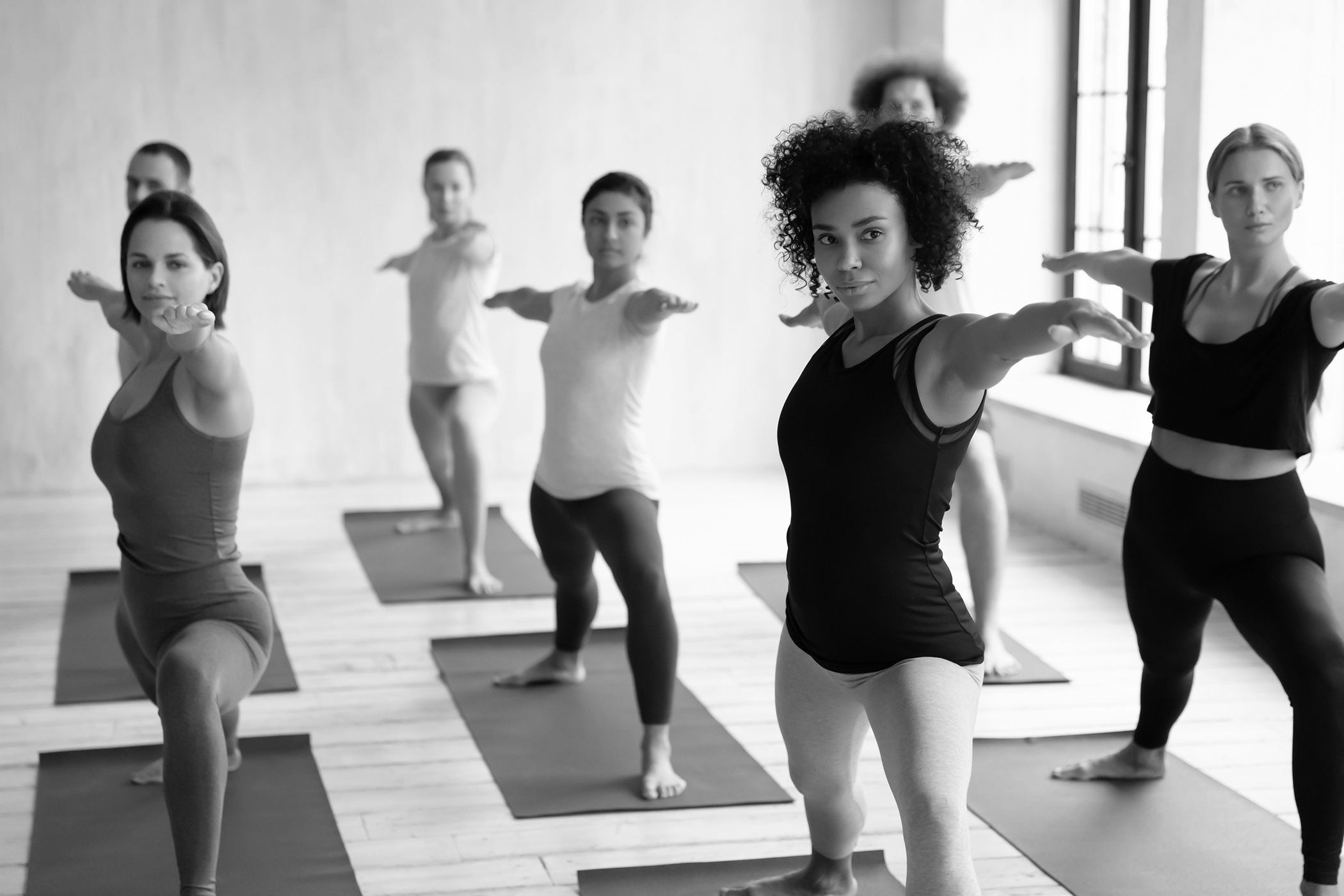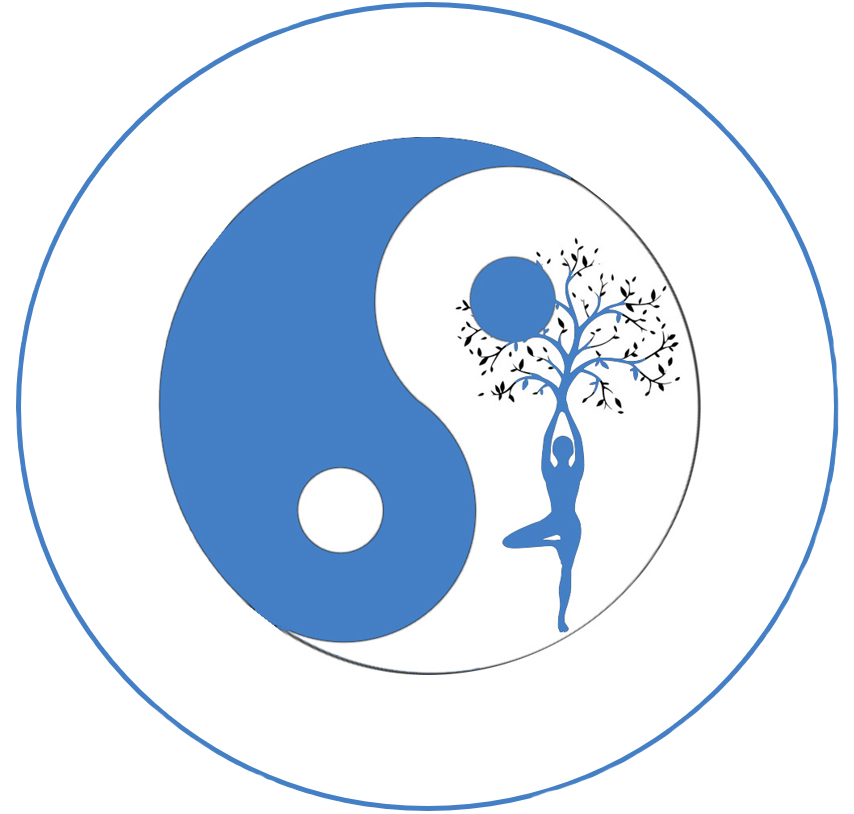References
Medical experts and research continue to show the real health benefits of this gentle exercise.

Here are just a few of the medical conditions that Tai Chi and Yoga have been proven to support. See what the doctors and medical experts are saying.
- Arthritis
- Heart Conditions
- Stroke
- Low Bone Density
- Hypertension
- Breast Cancer
- Parkinson's Disease
- Heart Disease
- Fibromyalgia
- Chronic Headaches
- Sleep Problems
How to Get Started
Links to Medical Articles and Research about Tai Chi
13 Benefits of Yoga That Are Supported by Science
Health Line
The Health Benefits of Tai Chi
Harvard Women's Health Week
Know the Top 13 Benefits of Yoga for Your Body and Mind
Art of Living Magazine
Tai Chi Eases Several Medical Conditions
Harvard Women's Health Week
The
Health Benefits of Tai Chi and Qigong
WebMD
A Beginner's Guide to Yoga: Benefits, Poses & More
MindBodyGreen
UCLA Study Shows Tai Chi May Help Alleviate Tension
Headaches
UCLA News Room
Very Well Fit
Discussing the Benefits of Tai Chi
University of Maryland Medical Center
Benefits of Complementary and Alternative Medicine for
Back Pain
News Medical
Tai Chi Associated with Reduced Falls Among Adult Stroke
Survivors
News Medical
Tai Chi Improves Cardiovascular Function and Body Strength
in Older Adults
News Medical
Study Needed to Identify Most Effective Exercise to
Improve Balance Among Older People
News Medical
Helpful links:
Yoga Journal
Yoga
International
 What the Experts are Saying:
What the Experts are Saying:
Here are just a few of the health benefits that
doctors say the practice of Tai
Chi and Yoga can support. Click on a
link to see what the doctors and modern medical research
are saying.
Medical Research Shows Life-Changing Results
Tai Chi and Yoga for Medical Conditions
 When combined with standard treatment, Tai Chi
and Yoga appear
to be helpful for several medical conditions. For
example:
When combined with standard treatment, Tai Chi
and Yoga appear
to be helpful for several medical conditions. For
example:
Arthritis:
In a 40-person study at Tufts University, presented in
October 2008 at a meeting of the American College of
Rheumatology, an hour of tai chi twice a week for 12
weeks reduced pain and improved mood and physical
functioning more than standard stretching exercises in
people with severe knee osteoarthritis. According to a
Korean study published in December 2008 in
Evidence-based Complementary and Alternative Medicine,
eight weeks of tai chi classes followed by eight weeks
of home practice significantly improved flexibility and
slowed the disease process in patients with ankylosing
spondylitis, a painful and debilitating inflammatory
form of arthritis that affects the spine.
Low bone density:
A review of six controlled studies by Dr. Wayne and
other Harvard researchers indicates that tai chi may be
a safe and effective way to maintain bone density in
postmenopausal women. A controlled study of tai chi in
women with osteopenia (diminished bone density not as
severe as osteoporosis) is under way at the Osher
Research Center and Boston's Beth Israel Deaconess
Medical Center.
Breast Cancer:
Tai chi has shown potential for improving quality of
life and functional capacity (the physical ability to
carry out normal daily activities, such as work or
exercise) in women suffering from breast cancer or the
side effects of breast cancer treatment. For example, a
2008 study at the University of Rochester, published in
Medicine and Sport Science, found that quality of life
and functional capacity (including aerobic capacity,
muscular strength, and flexibility) improved in women
with breast cancer who did 12 weeks of tai chi, while
declining in a control group that received only
supportive therapy.
Heart disease:
A 53-person study at National Taiwan University found
that a year of tai chi significantly boosted exercise
capacity, lowered blood pressure, and improved levels of
cholesterol, triglycerides, insulin, and C-reactive
protein in people at high risk for heart disease. The
study, which was published in the September 2008 Journal
of Alternative and Complementary Medicine, found no
improvement in a control group that did not practice tai
chi.
Heart
conditions:
In a 30-person pilot study at Harvard Medical School, 12
weeks of tai chi improved participants' ability to walk
and quality of life. It also reduced blood levels of
B-type natriuretic protein, an indicator of heart
failure. A 150-patient controlled trial is under way.
Hypertension:
In a review of 26 studies in English or Chinese
published in Preventive Cardiology (Spring 2008), Dr.
Yeh reported that in 85% of trials, tai chi lowered
blood pressure — with improvements ranging from 3 to 32
mm Hg in systolic pressure and from 2 to 18 mm Hg in
diastolic pressure.
Parkinson's disease:
A 33-person pilot study from Washington University
School of Medicine in St. Louis, published in Gait and
Posture (October 2008), found that people with mild to
moderately severe Parkinson's disease showed improved
balance, walking ability, and overall well-being after
20 tai chi sessions.
Sleep problems:
In a University of California, Los Angeles, study of 112
healthy older adults with moderate sleep complaints, 16
weeks of tai chi improved the quality and duration of
sleep significantly more than standard sleep education.
The study was published in the July 2008 issue of the
journal Sleep.
Stroke:
In 136 patients who'd had a stroke at least six months
earlier, 12 weeks of tai chi improved standing balance
more than a general exercise program that entailed
breathing, stretching, and mobilizing muscles and joints
involved in sitting and walking. Findings were published
in the January 2009 issue of Neurorehabilitation and
Neural Repair.
 Join Us
For One of Our Classes
or Programs
Join Us
For One of Our Classes
or Programs
Click on any class or program to see the schedule.
- Tai ChiA gentle form of exercise developed from an ancient Chinese martial art used in maintaining and enhancing health and well-being as well as preventing, treating and rehabilitation of a wide range of health issues.
- Breath WorkBreath work is taking a pause from the business of life. Not only to connect to your inner self but to the universe around you. Breath work has many forms. It can be a time to recharge, find balance, or clear and enhance your mind, body and spirit.
- YogaWhether you're new to the mat or an experienced yogi, join us for yoga that provides incredible mind and body benefits, builds strength, restores flexibility and helps to de-stress both the body and the mind. Yoga classes are structured for any fitness level and ability and can be done with or without a chair.
- Wisdom Art: Forever FitGet moving and have fun with this gentle class that uses light weights and movement to increase strength, keep joints mobile and increase flexibility. This Class can be done with or without a chair.
- AromatherapyAromatherapy is a holistic healing treatment that uses natural plant, flower and stem extracts to promote health and well-being. Sometimes know as essential oil therapy, aromatherapy uses aromatic essential oils medicinally to improve the health of your body, mind and spirit and is both an art and science.



